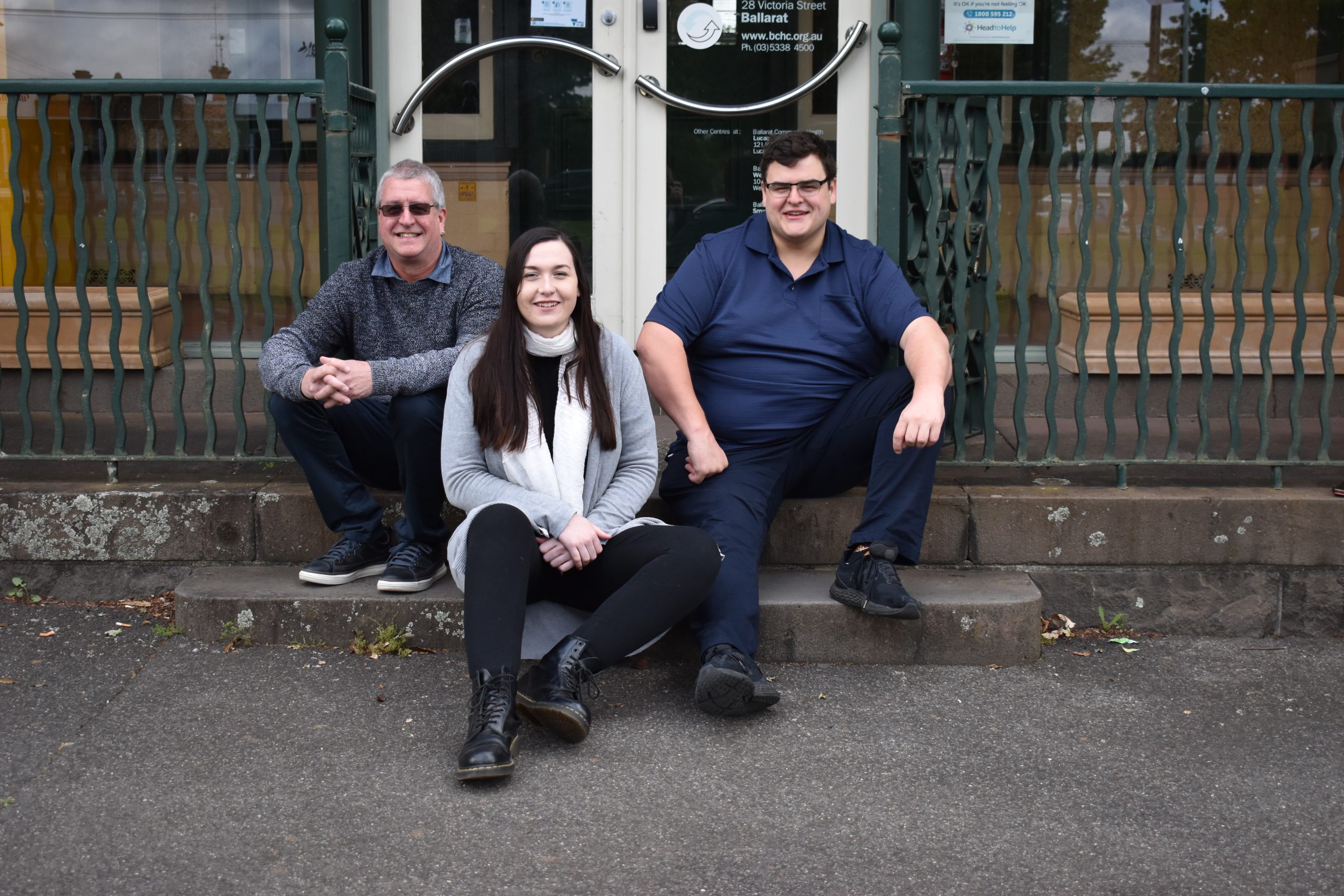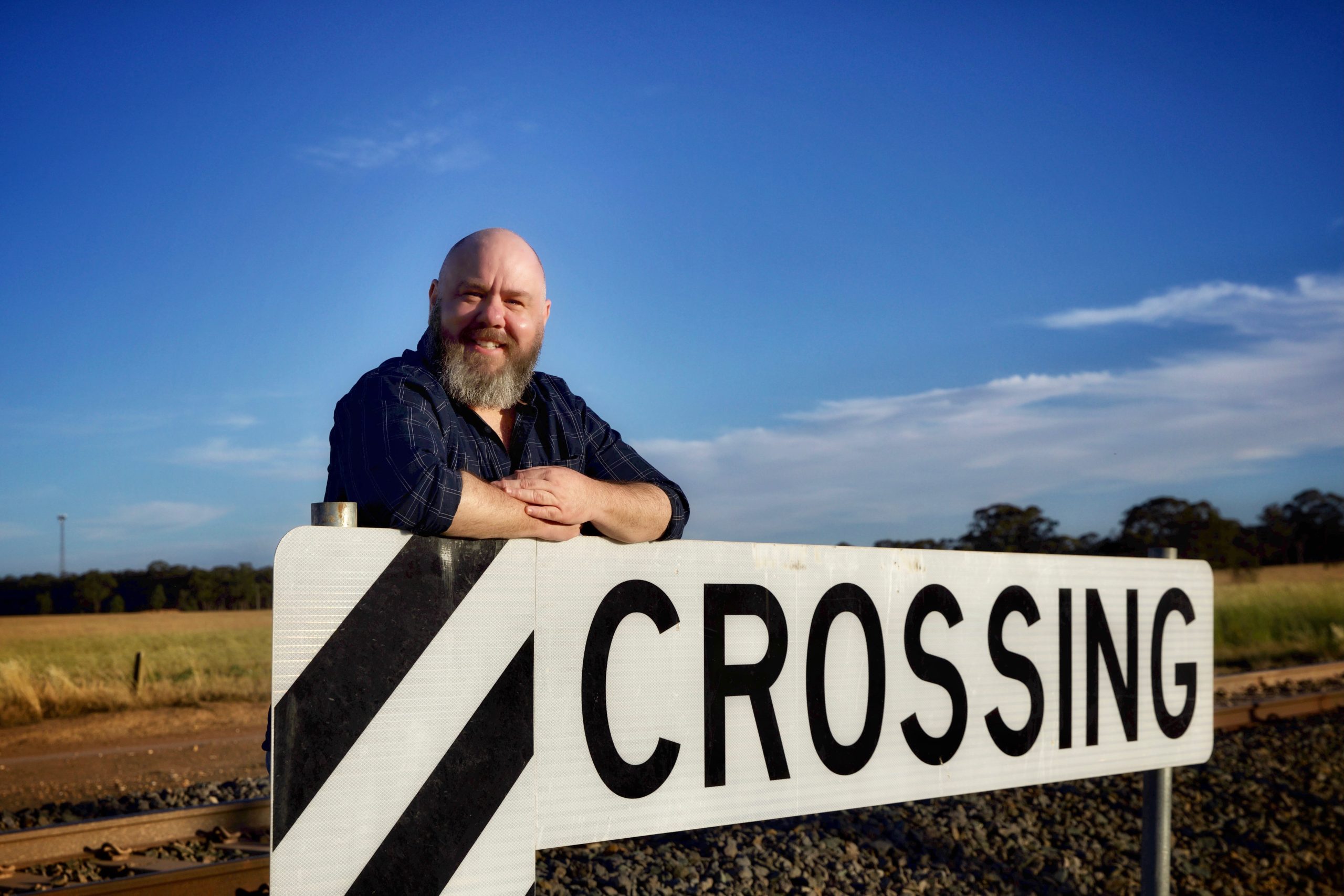Diversity & Inclusion at Ballarat Community Health
Central to Ballarat Community Health’s vision is health and wellbeing for all, with a commitment to the most vulnerable. Years of service provision have taught us that equitable access to health services has the power to transform lives and factors such as age, language, gender expression, level of ability, ethnicity, cultural background, immigration status, income, geographic location, or any other demographic variable should not result in poorer access to care.
Since 1975, BCH has provided compassionate and responsive services that recognise and remove the barriers and inequities that may be faced by community members and has been a voice for those who experience discrimination and exclusion.
At its heart, BCH is an inclusive place where we acknowledge and respect diversity. However, there is always room for improvement in our workplace culture, the services we provide, and in our programs. We can better achieve this through:
- promoting diversity in our community and our organisation
- recruiting and supporting a diverse workforce that understands and responds appropriately to our community’s needs, and
- providing culturally safe, inclusive services and programs that all community members can access.
The Diversity Council of Australia’s (DCA) defines Diversity as the differences between people in how they identify in relation to their:
- SOCIAL IDENTITY – age, caring responsibilities, cultural background, disability, gender, Indigenous background, sexual orientation and socio-economic background.
- PROFESSIONAL IDENTITY- profession, education, work experiences and organisational role.
Each individual is unique and these aspects come together in different ways to shape the way they view and perceive their world and workplace – as well as how others view and treat them.
DCA defines Inclusion as occurring when a mix of people in an organisation work together to improve performance and wellbeing. Inclusion is achieved when a diversity of people (e.g., ages, cultural backgrounds, genders, perspectives) feel that they are:
- RESPECTED for who they are and able to be themselves
- CONNECTED and feel they belong
- CONTRIBUTING their perspectives, skills and insights, and
- PROGRESSING and have equal access to opportunities and resources.
Changing the landscape
Changing the landscape is Our Watch and Women with Disabilities Victoria’s national, evidence-based resource to guide the prevention of violence against women and girls with disabilities..
DHHS Aboriginal and Torres Strait Islander cultural safety framework
Developed to help mainstream Victorian health, human and community services and the department to create culturally safe environments, services and workplaces.
Trans & Gender Diverse services
CLICK HERE TO READ MORE




